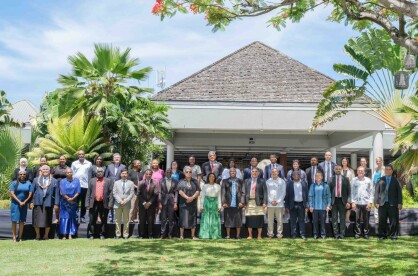In recent years, the Maldivian government has increasingly acknowledged the negative impact of smoking on society, particularly as the habit becomes more normalized among younger generations. Although smoking has long been prevalent in Maldivian society, the harmful effects of tobacco use—and more recently, e-cigarette use—have become more evident, with a noticeable rise in smoking-related conditions, such as lung cancer.
In response, the government initiated discussions earlier this year on introducing a generational tobacco ban in the Maldives. Under this type of ban, individuals born after a specific date would be prohibited from legally purchasing tobacco products for life. To gather public opinion, President Dr. Mohamed Muizzu turned to his official account on ‘X’ (formerly known as Twitter), asking citizens which birth year would be the most appropriate starting point for the ban. The three options provided were January 1, 2007; January 1, 2004; and January 1, 2000.
Following public input, the cabinet reached a decision on Sunday, April 13, 2025, to implement the generational tobacco ban for those born on or after January 1, 2007. While the majority of the poll respondents favored January 1, 2000, the government ultimately chose 2007 as the cutoff year.
The cabinet has also allocated a six-month period for authorities to amend existing regulations to align with the new policy. As a result, the generational ban will officially come into effect on November 1, 2025. Once in force, the sale, purchase, and use of tobacco products will be prohibited under Maldivian law for anyone born after January 1, 2007.
This generational ban represents a major step forward in safeguarding public health in the Maldives. By preventing future generations from accessing tobacco products, the country aims to significantly reduce the rates of smoking-related diseases, ease the burden on the healthcare system, and promote a healthier lifestyle among youth. In the long run, the ban is expected to create a tobacco-free generation, leading to a stronger, healthier society and setting an inspiring example for public health initiatives worldwide.






